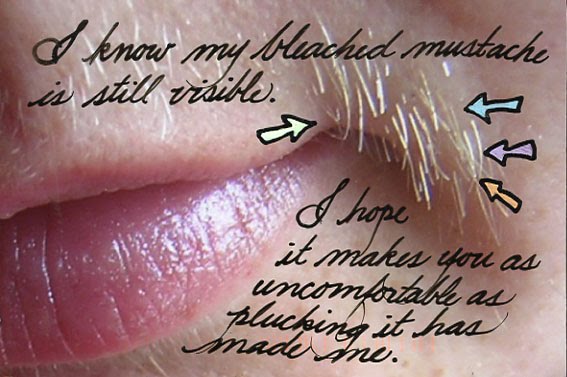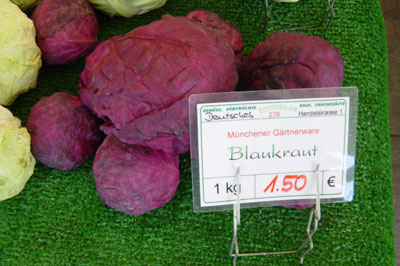NEWS:
I’ll be in New Orleans until June 23 and the big Island of Hawaii from the 23rd to the 1st. It’s always fun to meet readers, so if you’re nearby please send us an email (socimages@thesocietypages.org) and we’ll have coffee or drinks!
A Louis Vuitton advertising campaign that we critiqued has been determined by the U.K. Advertising Standards Agency to be a violation of truth in advertising. Check it out. Thanks to Anjan G. and Katrin for pointing it out.
This is your monthly reminder! You can follow us on Twitter or friend us on Facebook where we update with a featured post everyday.
NEWLY ENRICHED POSTS (Look for what’s NEW! May ’10):
Cara McC. sent along another example of a commercial separating normal from abnormal… this time it’s “normal” skin. We added it to our post on hair. On the same theme, Renée Y. took a photo of bike helmets in women’s and… um… helmet. We also added more examples to our post on gendering default icons, this time bike traffic lights in Amsterdam.
We added breast cancer-themed grape tomatoes — yes, you read right — to our post on surprising things themed as such. Sent in by Renée Y.
M.I.A.’s “Born Free” video shows red-headed, freckled male adolescents being rounded up as part of an ethnic cleansing campaign. We added it to our post on gingerism.
Orangina has a drink with grenadine in it called “Indien” that features an orange wearing a feathered headdress. We added it to our earlier post on the use of feathered headdresses and other elements of some American Indian cultures.
We updated our post on the CNN experiment on children’s attitudes toward skin color with a segment of a parent reacting to her child’s preferences. Thanks to Abeer K., Dimitriy T.M., and Alex P. for sending in the one we missed!
Ang B. snapped a photo of an advertisement for men’s and women’s haircuts with the phrase “Fuck your Gender Binary” written across it. We added it to our post featuring small acts of resistance against gendered and objectifying advertising.
Andi S. sent a photo of Spanx for men, designed to shape his upper body. We added it to our post on the push-up panty for the penis. Relatedly, Michelle R. sent us another example of how the diet/nutrition industry markets products differently to men and women.
We added two videos of the “men are like this, but women are like that, hahaha!” variety to one of our posts on gender stereotypes. Also, in case you haven’t had enough of pointlessly gendered products, we added an example of a gendered “find” game and another example of gendered earplugs to our post on the topic. On the other hand, doggie poop bags are unisex. Good to know.
In case you’re looking for some polite, submissive women, we added an online ad for “beautiful Russian ladies” to our post about a website that sells the submissive Asian stereotype to (mostly) non-Asian men.
We updated our post on a child’s zebra-striped string bikini with a bikini pulled from shelves in the U.K. The bikini, meant for young girls, included a padded bra.
We updated our post on envisioning how highways would affect the city of the future with an exhibit from the 1939 World’s Fair that pointed out that benefits of being able to avoid slums. Also on the topic of highways, we added an image sent in by Jayna T. to our post on teens, the elderly, and driver safety.




















